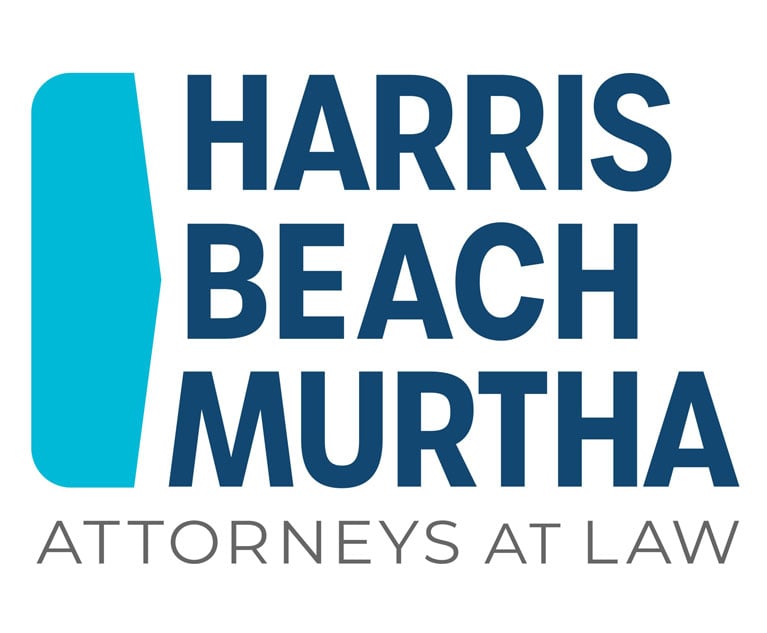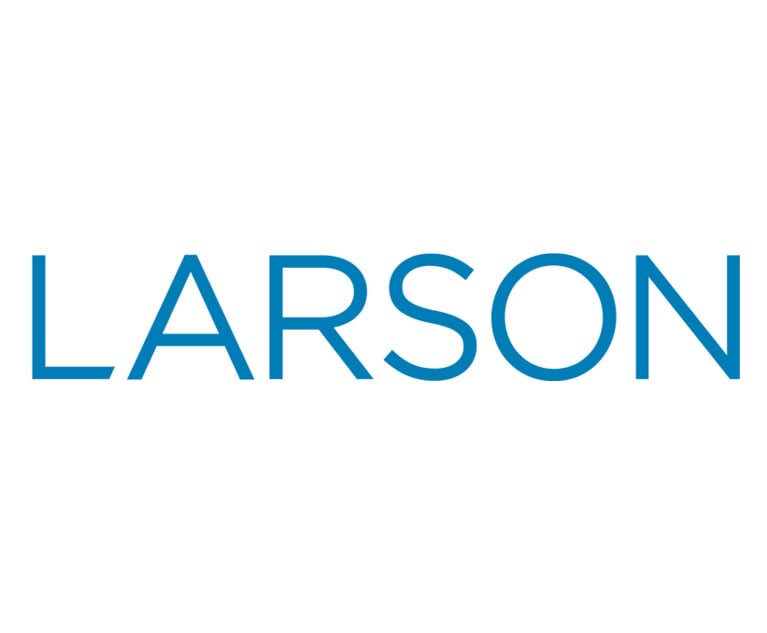Artificial intelligence and eDiscovery: beyond predictive coding
A look at the current trend toward more intelligent AI technology in the legal industry
March 01, 2018 at 10:48 AM
4 minute read
The original version of this story was published on Law.com
In eDiscovery, discussions about "artificial intelligence" generally focus on predictive coding – the machine learning process that reduces the time human reviewers must spend reading non-relevant information – by teaching the software to analyse periodic human feedback, learn for itself what information reviewers are actually interested in, and then locate that information. Industry studies have shown that with the right training, predictive coding achieves better and more cost-effective results than traditional, Boolean logic-based eDiscovery, which requires humans to give detailed, specifically structured instruction sets for searches. Predictive coding has proven so effective that some courts now prefer algorithm-reviewed productions over human-reviewed productions, while others have refused to accept documents produced by manual review.
Big data, litigation and artificial intelligence
But this is only the beginning. Just as the original impetus for eDiscovery was the business-process transition from a primarily hard copy-based data system to electronically stored information (ESI), the current trend toward more intelligent AI is driven by the systemic transformation from primarily structured data retention to much larger, ever-growing, predominantly unstructured data (the 'big data' phenomenon).
Much of an organisation's data universe is potentially discoverable in litigation, but its size and unstructured nature mean that it is now essentially impossible for humans to peruse any meaningful chunk of it without intelligent tools for culling out higher-value items that merit a human reviewer's attention. Predictive coding is a good start, but it still requires too much human intervention to ensure the results are neither over-inclusive nor under-inclusive.
 Big data: A boon for machine learning?
Big data: A boon for machine learning?
Fortunately, big data turns out to be a boon for machine learning. Unlike people, machines cannot extrapolate meaningful information or detect macro-level patterns from small datasets. Big data is providing real-world samples at the scale necessary to train AI effectively. Other aspects of computing also made recent strides toward AI. Previously, machine performance improved by gaining processing speed, but processing structure remained linear, and sequential.
Now, neural network architectures are enabling parallel computations, which work in synchronous and dynamic ways – more like how thinking works in biological brains. Natural language processing algorithms have improved greatly, so users can ask richer, more semantically complex questions instead of worrying about syntax for the computer's sake. A famous example is Watson, IBM's question-answering supercomputer and Jeopardy! champion. Watson's cognitive computing system can adapt its learned skills to other contexts. It now delivers cloud-based concierge services, medical diagnostics, and even legal services. Last year, NextLaw Labs introduced the Watson-powered service ROSS, as "the world's first artificially intelligent attorney".
Artificially intelligent attorneys
Giving ultimate legal advice requires human judgement that machines don't have (yet). But ROSS does sophisticated work that we would normally assume to derive from 'judgement' – like identifying legal issues from hearing facts in natural language and researching possible answers. Work is underway to build more complete multi-sensory cognitive media platforms, which would render audio and video content that can be searched for "objects, faces, licence plates, logos, phrases, sentiment, voice identification, translation plus additional capabilities that are constantly evolving", according to a report in AIBusiness.org.
Smarter eDiscovery
If cognitive computing continues to evolve, conceivably we could one day be living in a world where a lawyer could simply ask a natural language question like, "did any company officer tell outsiders about the bankruptcy before the stock price fell?", and a supercomputer would return a wealth of audio, video, text, GPS, timekeeping and other data that might show interactions suggesting insider trading.
But for now, human lawyers still have to make judgements about the information that computers retrieve and they still have to ask the right questions. In fact, when their machine is smart, self-correcting, and self-improving, the human team can focus on asking richer questions and developing the deeper story of the case.
The goal is not to get technology to do everything humans can do, but rather to limit the time and effort humans must invest in getting technology to do what humans can't do very well, like scanning and sifting through terabytes of data. This frees up human professionals to do the deeper intellectual labour that is more valuable to their clients.
Sarah Brown, senior manager, communications, Epiq
NOT FOR REPRINT
© 2025 ALM Global, LLC, All Rights Reserved. Request academic re-use from www.copyright.com. All other uses, submit a request to [email protected]. For more information visit Asset & Logo Licensing.
You Might Like
View All


Trending Stories
Who Got The Work
Michael G. Bongiorno, Andrew Scott Dulberg and Elizabeth E. Driscoll from Wilmer Cutler Pickering Hale and Dorr have stepped in to represent Symbotic Inc., an A.I.-enabled technology platform that focuses on increasing supply chain efficiency, and other defendants in a pending shareholder derivative lawsuit. The case, filed Oct. 2 in Massachusetts District Court by the Brown Law Firm on behalf of Stephen Austen, accuses certain officers and directors of misleading investors in regard to Symbotic's potential for margin growth by failing to disclose that the company was not equipped to timely deploy its systems or manage expenses through project delays. The case, assigned to U.S. District Judge Nathaniel M. Gorton, is 1:24-cv-12522, Austen v. Cohen et al.
Who Got The Work
Edmund Polubinski and Marie Killmond of Davis Polk & Wardwell have entered appearances for data platform software development company MongoDB and other defendants in a pending shareholder derivative lawsuit. The action, filed Oct. 7 in New York Southern District Court by the Brown Law Firm, accuses the company's directors and/or officers of falsely expressing confidence in the company’s restructuring of its sales incentive plan and downplaying the severity of decreases in its upfront commitments. The case is 1:24-cv-07594, Roy v. Ittycheria et al.
Who Got The Work
Amy O. Bruchs and Kurt F. Ellison of Michael Best & Friedrich have entered appearances for Epic Systems Corp. in a pending employment discrimination lawsuit. The suit was filed Sept. 7 in Wisconsin Western District Court by Levine Eisberner LLC and Siri & Glimstad on behalf of a project manager who claims that he was wrongfully terminated after applying for a religious exemption to the defendant's COVID-19 vaccine mandate. The case, assigned to U.S. Magistrate Judge Anita Marie Boor, is 3:24-cv-00630, Secker, Nathan v. Epic Systems Corporation.
Who Got The Work
David X. Sullivan, Thomas J. Finn and Gregory A. Hall from McCarter & English have entered appearances for Sunrun Installation Services in a pending civil rights lawsuit. The complaint was filed Sept. 4 in Connecticut District Court by attorney Robert M. Berke on behalf of former employee George Edward Steins, who was arrested and charged with employing an unregistered home improvement salesperson. The complaint alleges that had Sunrun informed the Connecticut Department of Consumer Protection that the plaintiff's employment had ended in 2017 and that he no longer held Sunrun's home improvement contractor license, he would not have been hit with charges, which were dismissed in May 2024. The case, assigned to U.S. District Judge Jeffrey A. Meyer, is 3:24-cv-01423, Steins v. Sunrun, Inc. et al.
Who Got The Work
Greenberg Traurig shareholder Joshua L. Raskin has entered an appearance for boohoo.com UK Ltd. in a pending patent infringement lawsuit. The suit, filed Sept. 3 in Texas Eastern District Court by Rozier Hardt McDonough on behalf of Alto Dynamics, asserts five patents related to an online shopping platform. The case, assigned to U.S. District Judge Rodney Gilstrap, is 2:24-cv-00719, Alto Dynamics, LLC v. boohoo.com UK Limited.
Featured Firms
Law Offices of Gary Martin Hays & Associates, P.C.
(470) 294-1674
Law Offices of Mark E. Salomone
(857) 444-6468
Smith & Hassler
(713) 739-1250










